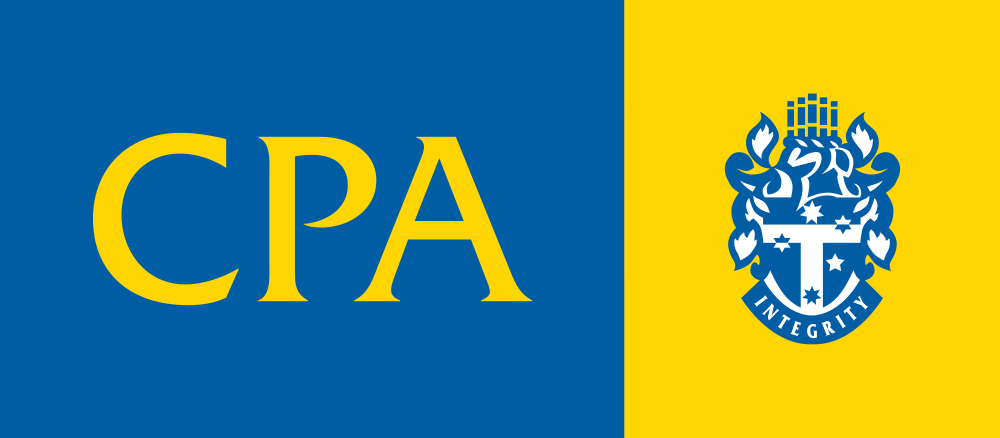Running a small business in Australia comes with many challenges, but one thing that can help ease the financial strain is saving on taxes. Fortunately, small businesses can take advantage of several tax-saving strategies to reduce their tax burden and improve their bottom line. In this blog post, we’ll explore the key ways small businesses can save more on taxes and maximize their tax savings.
Claiming deductions for operating expenses
One of the simplest ways small businesses can save on taxes is by claiming deductions for their operating expenses. These are the everyday costs of running a business that can be deducted from your taxable income, lowering the amount of tax you need to pay. Some common deductible operating expenses include:
- Office supplies and equipment: Pens, paper, computers, and other office items are all tax-deductible.
- Rent and utilities: If you lease a business space, you can claim deductions on rent, electricity, water, and other utilities.
- Insurance premiums: Any business-related insurance (like public liability or workers’ compensation) is deductible.
- Telecommunications: The cost of phone, internet, and other communication services used for business is tax-deductible.
- Professional development: Training and courses that improve your skills or those of your staff can be claimed as deductions.
- Travel expenses: Costs associated with business travel, such as flights, accommodation, meals, and transport, are deductible.
- Advertising and marketing: Expenses for promoting your business, including online ads, print media, and social media campaigns, can be claimed.
- Employee wages and superannuation: Salaries, wages, and superannuation contributions for your employees are deductible.
- Software and subscriptions: Business-related software (e.g., accounting, design tools) and online subscriptions are tax-deductible.
- Vehicle expenses: If a car is used for business, you can claim expenses such as fuel, maintenance, registration, and insurance (or use the cents-per-kilometer method).
- Bank fees and interest: Bank fees for business accounts and interest on business loans are deductible.
- Repairs and maintenance: The costs of repairing and maintaining business assets, such as machinery or office equipment, are deductible.
- Memberships and subscriptions: Fees for professional associations or industry groups related to your business are deductible.
- Bad debts: Debts that cannot be recovered and are written off during the financial year may be deductible.
- Legal and professional services: Fees paid to accountants, tax agents, and lawyers for business advice and services are deductible.
To make sure you’re claiming everything you’re entitled to, it’s essential to carefully track and document all of your eligible expenses throughout the year. Keep receipts and records to back up your claims.
Utilizing the instant asset write-off
The Instant Asset Write-Off is another great way for small businesses to save on taxes. This allows you to deduct the full cost of eligible assets—like computers, office furniture, or vehicles—up to $20,000. The best part is that you can claim this deduction in the year the asset is purchased and ready for use, even if you haven’t fully paid for it yet.
This tax incentive helps businesses conserve cash flow and accelerate depreciation, meaning you can reduce your taxable income sooner rather than waiting for multiple years of depreciation. This can be particularly helpful if you need to make significant purchases for your business, such as new equipment or technology.
It’s important to note that the Instant Asset Write-Off currently applies to assets that are purchased and used between 1 July 2023 and 30 June 2025. Be sure to take advantage of this deduction before the deadline.
Benefit from tax concessions
Australia provides tax concessions for small businesses, making it easier to save money on your taxes. Here are some key concessions to look out for:
- Reduced company tax rate: Small businesses with an annual turnover of under $50 million pay a reduced company tax rate of 25%, which is lower than the standard tax rate for larger businesses.
- Superannuation contributions: If you make superannuation contributions on behalf of your employees, these are tax-deductible. This includes contributions you make for yourself as a small business owner.
- R&D Tax Incentive: If your business is involved in research and development activities, you may be eligible for the R&D Tax Incentive, which offers tax offsets for eligible R&D expenses. This can be a valuable tax saving for businesses investing in innovation.
- Eligible unincorporated businesses with turnover under $5 million can claim a tax offset of up to $1,000.
These tax concessions are designed to make it easier for small businesses to grow and succeed, so be sure to check if you qualify and take full advantage of them.
Working with a tax professional
While these tax-saving strategies can have a big impact on your bottom line, it’s important to remember that tax laws can be complex. That’s why it’s a good idea to work with an experienced tax accountant or tax advisor. They can provide invaluable guidance on tax planning and optimization strategies, ensuring you’re taking advantage of all the deductions and concessions available to you.
Your taxes will be handled correctly by a professional, so you can focus on growing your business.
Saving on taxes can have a big impact on a small business’ profitability. By claiming deductions for operating expenses, utilizing the Instant Asset Write-Off, and taking advantage of tax concessions, you can significantly reduce your tax burden and increase your savings.
Being proactive and working with a tax professional can ensure you’re maximizing your tax savings, allowing you to reinvest those funds into your business’s growth and development. Don’t miss out on these opportunities. Explore these tax-saving strategies and seek professional assistance to make the most of them.



